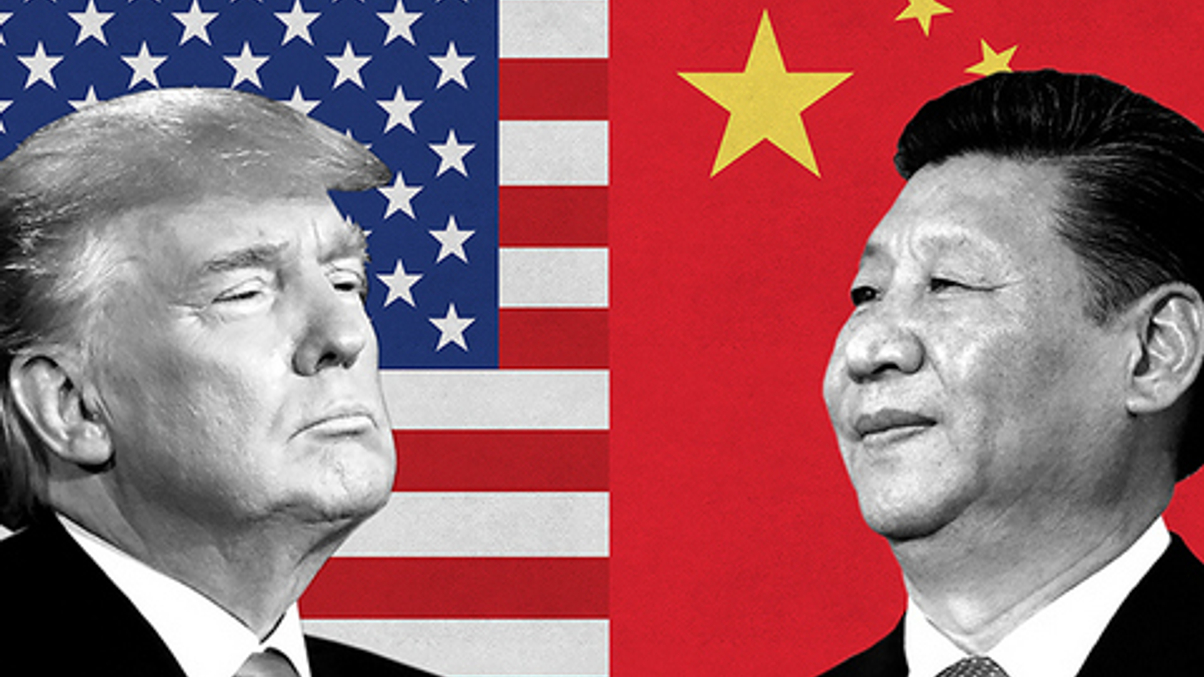Market Views: Who will be the winners from the US-China trade war?
The ongoing trade war between the US and China shows no signs of abating. While it's hurting many nations, some could benefit. Six experts say where the opportunities lie.

TINA or "there is no alternative" may help China stave off US president Donald Trump's attempts to undermine the factory-capital of the world.
Sign in to read on!
Registered users get 2 free articles in 30 days.
Subscribers have full unlimited access to AsianInvestor
Not signed up? New users get 2 free articles per month, plus a 7-day unlimited free trial.
¬ Haymarket Media Limited. All rights reserved.


